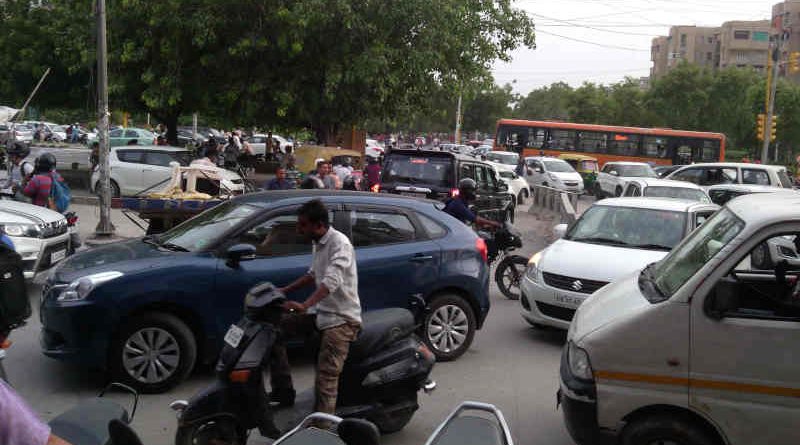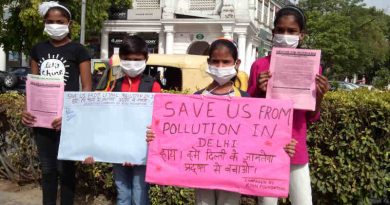35 Cities Unite to Clean the Air and Reduce Air Pollution

Thirty-five mayors have pledged to deliver clean air for more than 140 million people that live in their cities. By signing the C40 Clean Air Cities Declaration, the mayors recognize that breathing clean air is a human right and commit to work together to form an unparalleled global coalition for clean air.
The pledge unveiled at the C40 World Mayors Summit in Copenhagen commits cities to set ambitious pollution reduction targets and implement substantive clean air policies by 2025. By publicly reporting on their progress, the cities plan to generate a ‘race to the top’ in cleaning the air in the world’s big cities. The cities signing the C40 Clean Air Cities Declaration are:
Amman, Austin, Bengaluru, Barcelona, Berlin, Buenos Aires, Copenhagen, Delhi, Dubai, Durban (eThekwini), Guadalajara, Heidelberg, Houston, Jakarta, Los Angeles, Lima, Lisbon, London, Madrid, Medellin, Mexico City, Milan, Oslo, Paris, Portland, Quezon City, Quito, Rotterdam, Seoul, Stockholm, Sydney, Tel Aviv-Yafo, Tokyo, Warsaw, Washington D.C.
[ Download and Read: Delhi Disaster Report 2019 ]
Mayors, speaking at a press conference in Copenhagen had a clear message “We know we need to tackle the twin dangers of air pollution and the climate emergency. Both need swift, unprecedented and collective action to remove the pollution that is harming our health and warming our planet.”
According to the World Health Organization (WHO), 9 in 10 citizens around the world breathe dirty air, and 7 million people die prematurely each year due to air pollution. Air pollution is creating a global public health crisis — one that is rooted in social injustice. Typically, it is the poorest and most vulnerable communities that are most affected by dirty, polluted air.
Through the C40 Clean Air Cities Declaration, mayors commit to using their power and influence to reduce air pollution and work towards meeting the WHO Air Quality Guidelines. This means cities will continually reduce their local emissions, and advocate for reductions in regional emissions, resulting in continuous declines in air pollution levels that move towards the WHO guidelines.






